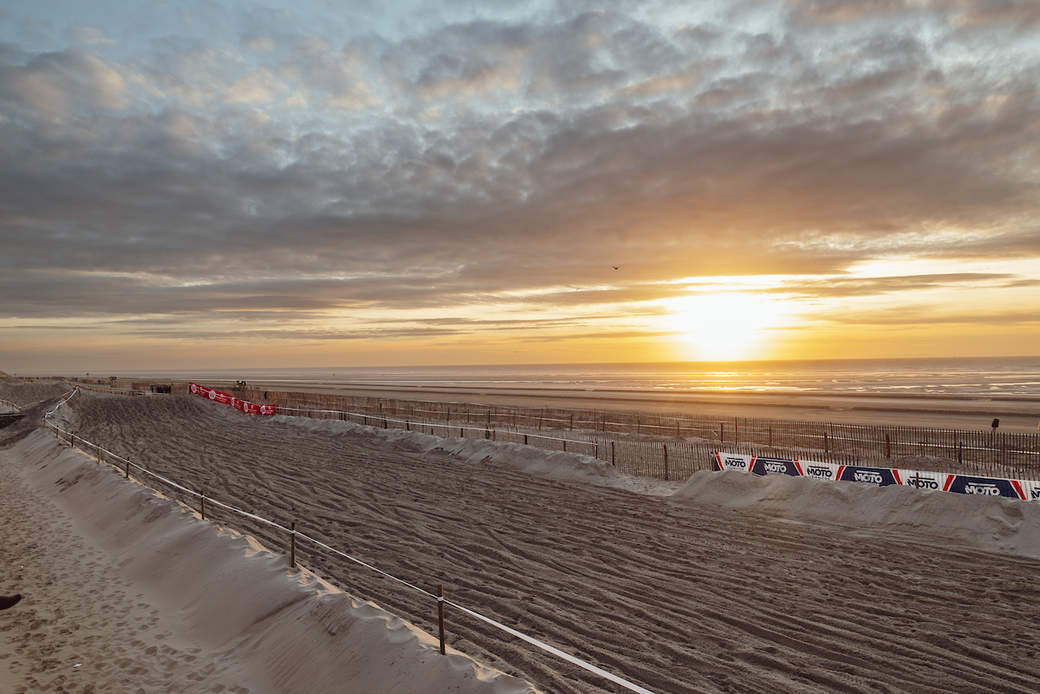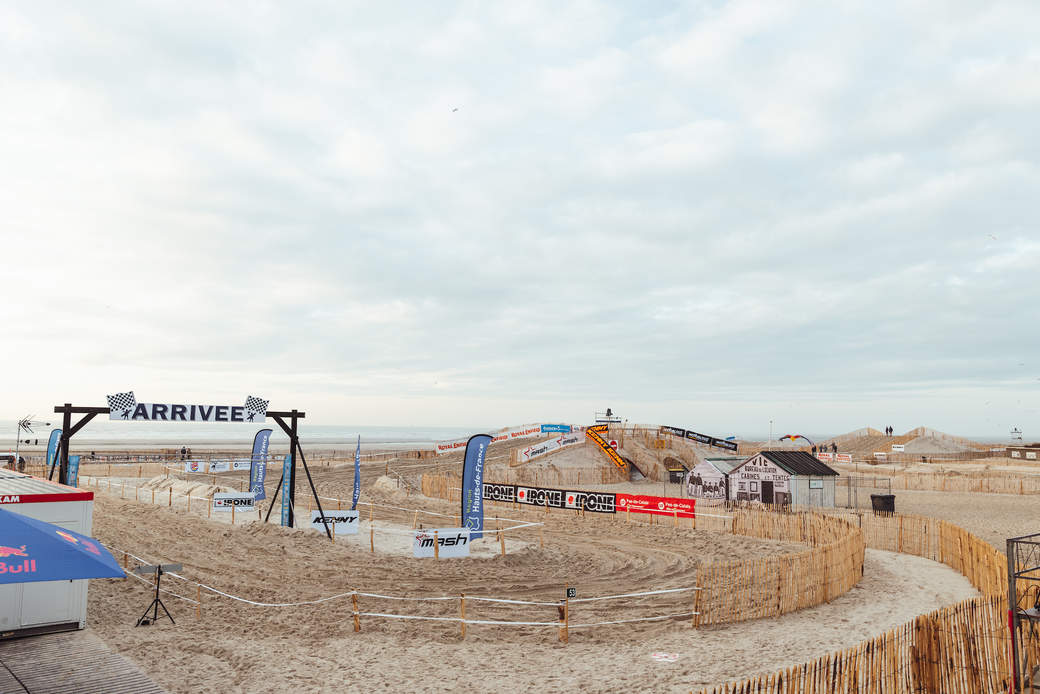Once famous for the challenging, looping route through the imposing sand dunes that line the shore, on environmental grounds the organisers of the Enduropale du Touquet took the decision in 2005 to keep the racing action solely on the beach.
The dunes are a rich habitat for a wide variety of flora and fauna and the risk of damage from motorcycles and the hundreds of thousands of spectators who flock to Le Touquet for the race was deemed too great.
Sustainability is of the highest importance in all areas where the FIM operates and has been since 1994 when the FIM Environmental Code was adopted, overseen by the International Sustainability Commission.
Updated every year, the FIM Environmental Code is in place to improve the relationship between motorcycling and the environment and promotes sustainable events.
As part of an ongoing process, organisers of the Enduropale du Touquet collaborate closely with the local authorities to measure the impact the race has on the environment with particular attention paid to hydrocarbons, bird life and marine mammals along with organisms – known as benthos – that live in the sand.
“We are researching whether the races can have significant and lasting effects on natural environments,” said Pascal Desfossez, the director of the company which conducts these independent studies. “Concerning the birds, we follow up before, during and after the event, using a standardised protocol.
“In the more than ten years that we have been carrying out these studies they have revealed nothing notorious. This is also the case for marine mammals or hydrocarbons. Nevertheless, we must continue to look at all the possible impacts.”
To learn more about the FIM’s commitment to sustainability follow this link HERE
FIM Communications

